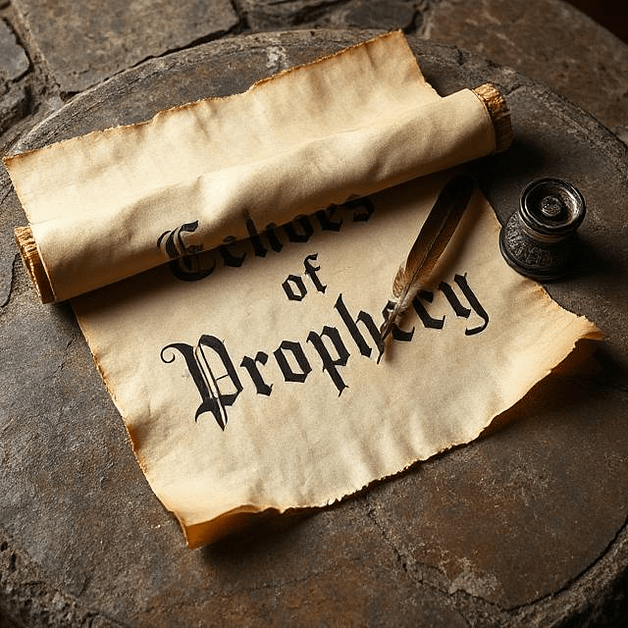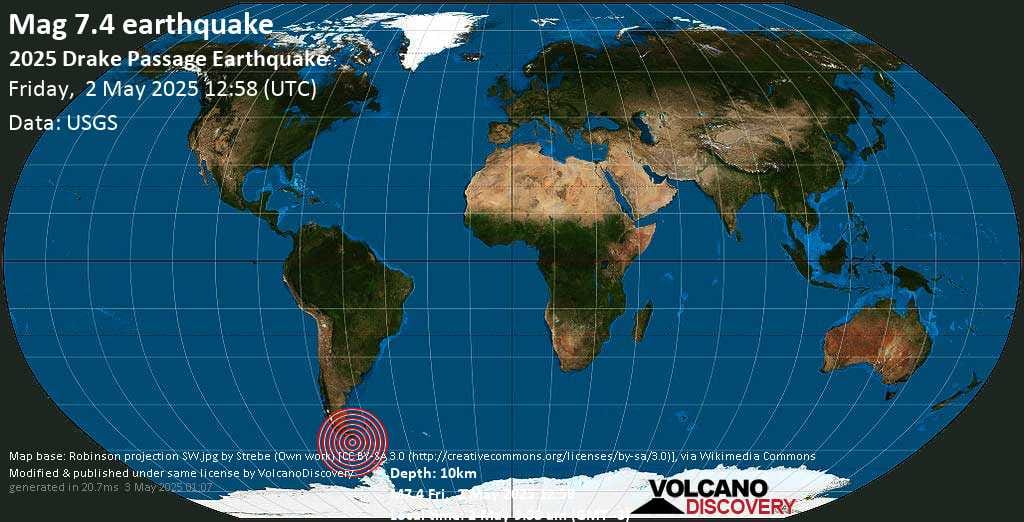
Image generated on deepai.org
The Seers: Echoes of Prophecy
Throughout history, the phenomenon of prophetic vision has captured the attention of humanity, influencing cultures, religions, and belief systems. Notable figures like Edgar Cayce, recognized as the ‘Sleeping Prophet’, and Nostradamus, the renowned 16th-century mystic, have provided significant insights that transcend their eras, offering warnings that resonate even today. Their prophecies often reflect urgent themes related to imminent disasters, moral degradation, and significant societal changes.

Edgar Cayce was a psychic diagnostician known by thousands in all walks of life during his life and by millions after his death. He was able to enter a trance-like state, and access a higher state of consciousness delivering comprehensive readings that shed light on individuals medical condition, as well as past and future events, health trends, and spiritual guidance. His most famous predictions included warnings about a rise in natural disasters and a potential shift in Earth’s physical landscape. Cayce’s visions, which he categorized as divine messages, emphasized a necessary awakening to humanity’s ethical and spiritual responsibilities. He believed that these prophetic insights were not merely for prediction but served as calls for action, urging individuals to alter their paths for the greater good.

Nostradamus, on the other hand, utilized poetic quatrains (four line rhyming verses) to encapsulate his prophetic visions. He published his prophecies in a book entitled Centuries (1555) containing a 1000 prophecies divided into chapters of centuries. While interpretations of his verses have varied widely, many scholars agree that he predicted significant upheavals, wars, and societal transformations due to natural disasters and conflict-related civil unrest. His work exemplifies the strain between fate and free will, as he highlighted the consequences of humanity’s choices throughout history. Notably, Nostradamus’s foresight captivated the public imagination, with numerous events in recent history thought to align with his cryptic passages.
The legacies of these seers establish a precedent for understanding present and future challenges. Their prophecies remain a testament to the broader existential issues humanity faces, including environmental degradation and moral dilemmas. As individuals reflect upon these prophetic voices, they symbolize the urgent need for collective action, representing a dialogue between the divine and humanity regarding unresolved issues that continue to plague society.
Historical Judgments: Sodom and Gomorrah as a Case Study
The biblical narrative of Sodom and Gomorrah serves as a stark warning regarding the consequences of moral decay. According to the account found in Genesis, these ancient cities were notorious for their depravity and immorality, leading to their eventual destruction by divine judgment. This judgment was not simply punitive; it symbolized a rejection of rampant wickedness and a call for righteousness. The severity of God’s response reflects the seriousness of sin in a societal context, raising pertinent questions about modern behavior.
In analyzing the events that led to the downfall of Sodom and Gomorrah, parallels can be drawn between the moral failures of these cities and contemporary societal issues. Just as Sodom and Gomorrah succumbed to excess and immorality, various modern societies grapple with ethical nihilism, a culture that often glorifies hedonism while diminishing the value of traditional moral frameworks. This erosion of values invites scrutiny; the rejection of divine laws, as evidenced in the actions of the inhabitants of those cities, mirrors attitudes prevalent today.
The broader implications of these judgments are significant. The account exemplifies how persistent disobedience can lead to catastrophic consequences, potentially serving as a reminder of the importance of adhering to moral absolutism. In comparing the ethical landscape of ancient times to the present, one cannot ignore the warnings embedded within the biblical record. Society’s tendency to dismiss these lessons poses a threat, as it may invite divine repercussions. Recognizing these parallels is crucial for understanding the urgent need for divine intervention in our contemporary struggles against wickedness.
Signs of the Times: Current Global Turmoil and Spiritual Implications
The current global landscape is marked by an alarming surge in turmoil, manifested through widespread violence, rampant addiction, and a pronounced decline in moral values. These events bear a striking resemblance to the prophetic warnings recorded in biblical texts, particularly the admonitions presented by Jesus in Matthew 24 regarding the ‘signs of the times.’ As we analyze the present state of nations across the globe, it becomes increasingly evident that these signs serve not only as indicators of impending crises but also as spiritual calls to action for humanity.
Globally, violence has reached unprecedented levels, fraught with conflicts that seem to reverberate through both individual lives and societal structures. The rise of extremist factions and the relentless cycle of retaliation illustrate a world teetering on the brink of chaos. This escalation in hostility can be interpreted in light of scriptural warnings that denote a time of great tribulation. In parallel, the staggering rise of substance abuse presents another significant concern. This epidemic of addiction not only devastates individuals and families but also points to a broader spiritual disengagement that calls for urgent redirection toward healthier, more constructive lifestyles.
The moral degradation seen today adds yet another layer of complexity to our era’s challenges. A growing relativism regarding ethics and values has led society to embrace behaviors once considered unacceptable. This shift not only undermines the very fabric of our communities but also reflects a disconnection from foundational spiritual principles that have historically guided human conduct. The implications of these modern issues echo the historical prophecies emphasizing the need for reflection and repentance.
As we witness these developments, it becomes imperative for individuals and communities to recognize the urgency of the prophetic warnings. By returning to the tenets of foundational values and fostering a commitment to peace, healing, and morality, humanity may yet steer towards a healthier trajectory, mitigating the troubling trends of our time.
The Call for Divine Intervention: A Path Forward
As we navigate the complexities of contemporary society, the pressing need for divine intervention becomes increasingly apparent. The acceleration of mental health crises, alongside perceived governmental overreach, has left many feeling overwhelmed and disconnected. These challenges call for a collective awakening—a return to values that underscore the importance of spiritual guidance and moral integrity. In this context, prayer emerges as a powerful tool to not only seek divine support but also to foster personal and communal healing.
Community action plays a critical role in this endeavor. By uniting individuals around shared values and objectives, communities can create supportive environments that promote well-being and resilience. Initiatives such as community gardens, support networks, and local outreach programs can provide the help necessary to address mental health issues, while also cultivating a sense of belonging and purpose. Such actions reflect a commitment to nurturing life and promoting holistic values, serving as practical applications of spiritual principles.
Furthermore, spiritual renewal is essential in a world that often prioritizes material success over moral integrity. Encouraging a return to practices such as meditation, mindfulness, and worship can create spaces for individuals to reconnect with their inner selves and the divine. These practices not only foster personal transformation but also inspire a collective shift towards empathy, compassion, and community service. By anchoring ourselves in spiritual principles, we can better respond to societal challenges with grace and fortitude.
In conclusion, the call for divine intervention is not merely a passive plea for help but an active invitation for individuals and communities to engage in meaningful change. By integrating prayer, fostering community, and seeking spiritual renewal, we can pave the way forward, creating a more compassionate and morally grounded society. It is through these collective efforts that we can hope to respond effectively to the urgent challenges that confront us today.
Discover more from EAGLE HORIZON REPORT
Subscribe to get the latest posts sent to your email.



